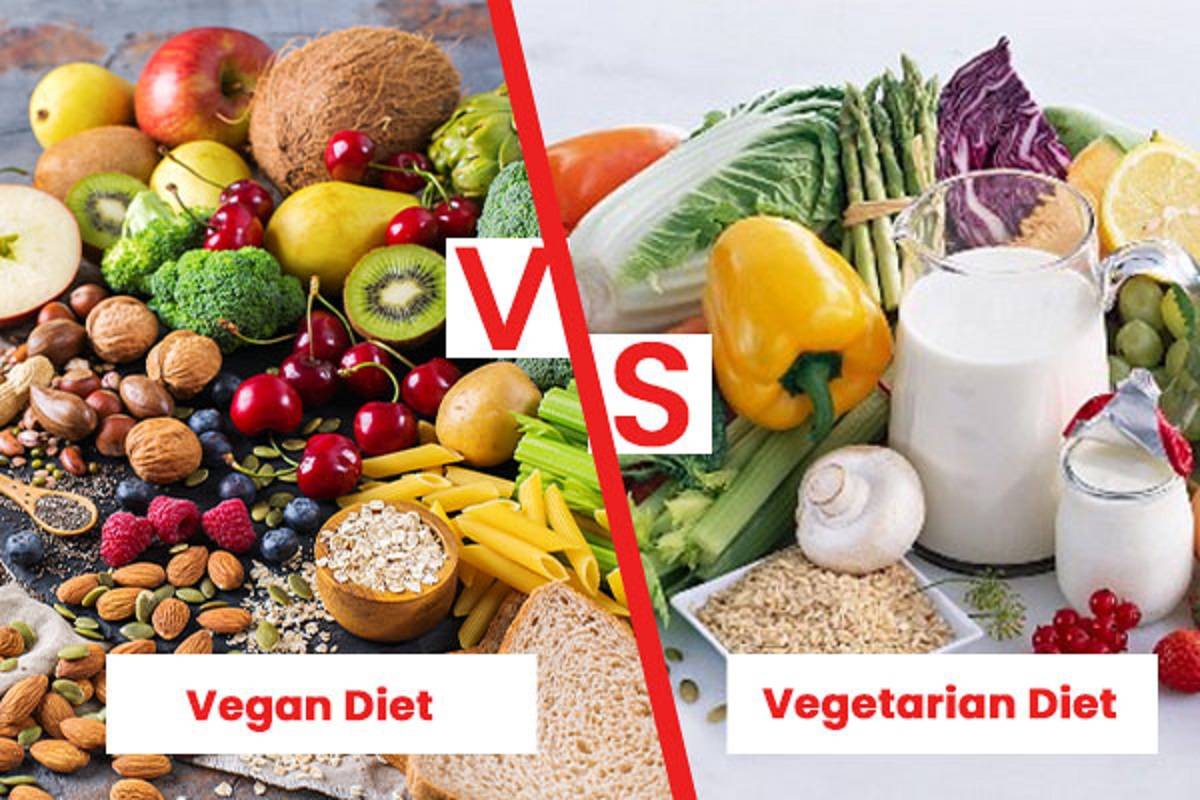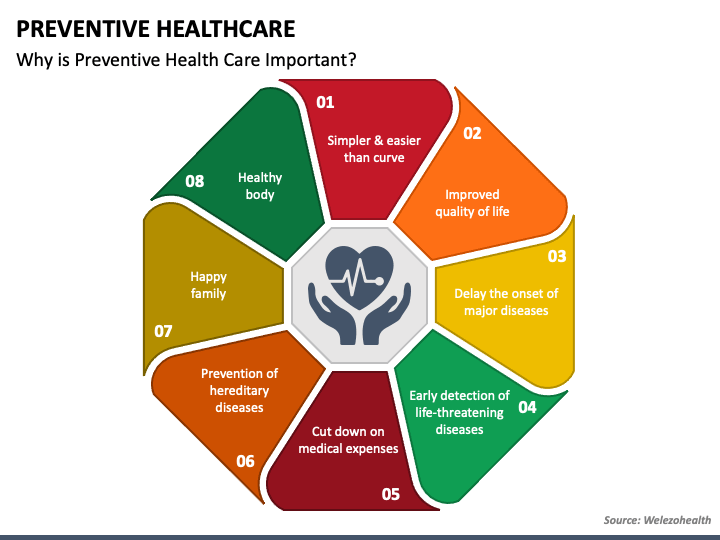India’s Plant-Based Revolution
The Blossoming Plate: A Deep Dive into the Rise of Plant-Based Diets in India
For centuries, vegetarianism has been deeply woven into the cultural and religious fabric of India. However, a new wave is sweeping across the nation – a conscious shift *towards* plant-based diets, and it’s more nuanced than simply being vegetarian. This isn’t just about abstaining from meat; it’s about actively choosing foods derived from plants for health, ethical, and environmental reasons. This blog post will explore the factors driving this rise, the different forms it’s taking, the challenges, and the future of plant-based eating in India.
A Historical Context: Vegetarianism and Indian Culture
Before diving into the “rise” of plant-based diets, it’s crucial to acknowledge the existing strong foundation of vegetarianism in India. Approximately 30-40% of the Indian population identifies as vegetarian, a figure significantly higher than in most other countries. This tradition stems from several sources, including Jain and Buddhist philosophies emphasizing non-violence (ahimsa), Hindu beliefs around purity and the sanctity of life, and practical considerations related to climate and agriculture. Historically, vegetarian diets were often dictated by availability and affordability, particularly for lower castes. However, this historical context is evolving.
What *is* Plant-Based? Beyond Vegetarianism
While vegetarianism excludes meat, poultry, and fish, a plant-based diet goes a step further. It prioritizes whole, minimally processed plant foods – fruits, vegetables, legumes, grains, nuts, and seeds. Many plant-based eaters also reduce or eliminate dairy and eggs, focusing on maximizing nutrient intake from plant sources. This distinction is important. A vegetarian diet *can* be unhealthy if it relies heavily on processed foods, refined carbohydrates, and excessive dairy. A well-planned plant-based diet, on the other hand, is often associated with numerous health benefits.
The Drivers of Change: Why Now?
Several converging factors are fueling the growth of plant-based eating in India:
- Growing Health Awareness: Increasing rates of lifestyle diseases like diabetes, heart disease, and obesity are prompting Indians to re-evaluate their dietary choices. Information about the health benefits of plant-based diets – lower cholesterol, improved blood sugar control, reduced risk of certain cancers – is becoming more accessible through media, healthcare professionals, and online resources.
- Ethical Concerns: Awareness of animal welfare issues in factory farming is growing, particularly among younger generations. Documentaries and social media campaigns are exposing the realities of animal agriculture, leading some to adopt plant-based diets out of ethical conviction.
- Environmental Sustainability: The environmental impact of meat production – greenhouse gas emissions, deforestation, water usage – is becoming increasingly apparent. Plant-based diets are recognized as a more sustainable way to feed a growing population.
- Influence of Global Trends: The global plant-based movement, driven by innovations in plant-based meat and dairy alternatives, is influencing Indian consumers. Exposure to international cuisines and dietary trends through travel and the internet is also playing a role.
- Rise of Veganism: While still a smaller segment, the vegan community in India is growing rapidly, advocating for a lifestyle free from all animal products.
The Indian Plant-Based Landscape: What Does it Look Like?
The Indian plant-based scene is diverse and evolving. Here’s a snapshot:

- Traditional Diets: Many traditional Indian dishes are already naturally plant-based or easily adaptable. Dal (lentil stew), sabzi (vegetable curry), chana masala (chickpea curry), and rice are staples in many Indian households.
- Plant-Based Meat Alternatives: The market for plant-based meat alternatives is expanding, with both domestic and international brands offering products like plant-based burgers, sausages, and nuggets. However, affordability remains a challenge for wider adoption.
- Plant-Based Dairy Alternatives: Soy milk, almond milk, and oat milk are becoming increasingly available in urban areas. Traditional Indian alternatives like cashew milk and coconut milk are also gaining popularity.
- Vegan Restaurants and Cafes: Vegan restaurants and cafes are popping up in major cities, offering innovative plant-based cuisine.
- Home Cooking and Online Resources: A growing number of Indians are experimenting with plant-based cooking at home, utilizing online recipes and resources.
Challenges to Widespread Adoption
Despite the growing momentum, several challenges hinder the widespread adoption of plant-based diets in India:
- Affordability: Plant-based meat and dairy alternatives are often more expensive than their animal-based counterparts, making them inaccessible to many consumers.
- Accessibility: Plant-based products are not readily available in all parts of the country, particularly in rural areas.
- Cultural Norms: Meat and dairy are deeply ingrained in Indian culinary traditions and social gatherings. Changing these habits can be challenging.
- Nutritional Concerns: Some Indians worry about getting enough protein, iron, and vitamin B12 on a plant-based diet. Education about proper meal planning is crucial.
- Lack of Awareness: Many people are still unaware of the benefits of plant-based diets or the availability of plant-based alternatives.
The Future of Plant-Based in India
The future of plant-based eating in India looks promising. Several trends suggest continued growth:
- Government Support: Increased government initiatives promoting sustainable agriculture and healthy eating could support the plant-based movement.
- Innovation in Food Technology: Continued innovation in plant-based food technology will lead to more affordable and accessible products.
- Increased Investment: Growing investment in plant-based startups and businesses will drive market expansion.
- Education and Awareness Campaigns: Public health campaigns promoting the benefits of plant-based diets will raise awareness and encourage adoption.
- Focus on Local Ingredients: Utilizing locally sourced plant-based ingredients will enhance affordability and sustainability.
Ultimately, the rise of plant-based diets in India represents a significant shift towards a more sustainable, ethical, and healthy food system. While challenges remain, the momentum is building, and the blossoming plate promises a brighter future for both people and the planet.



